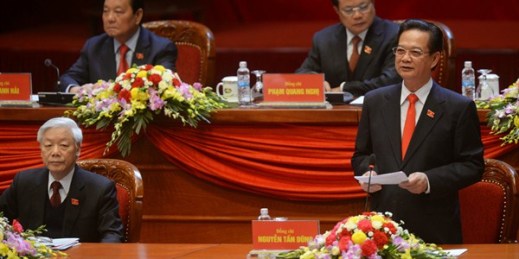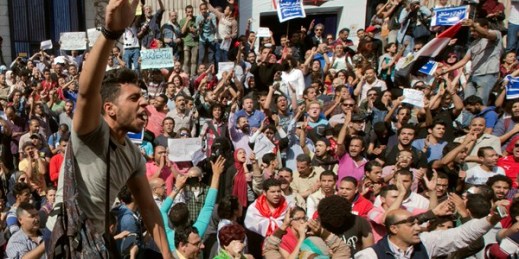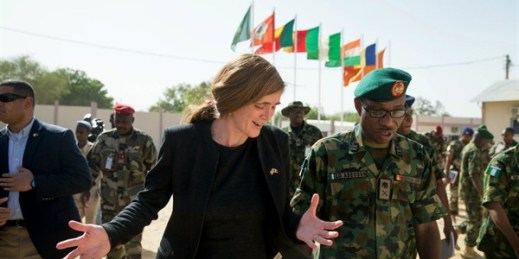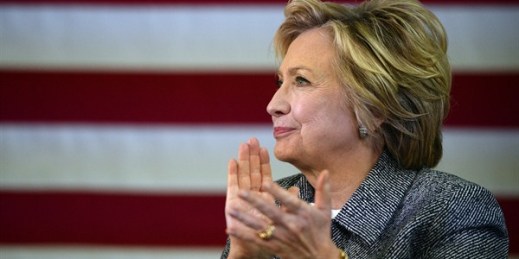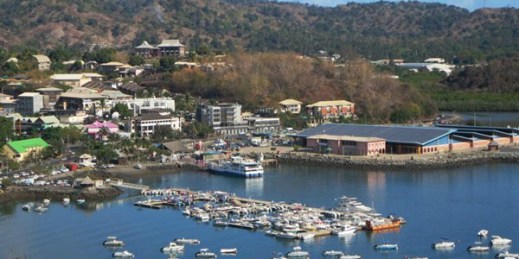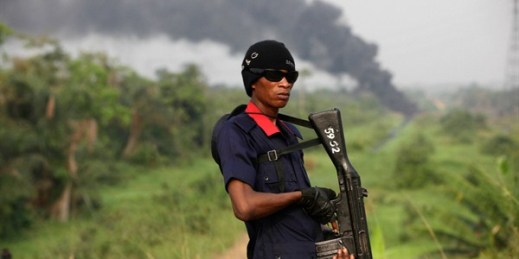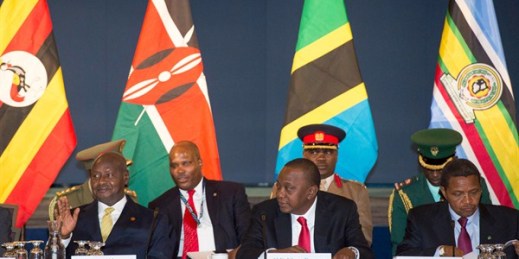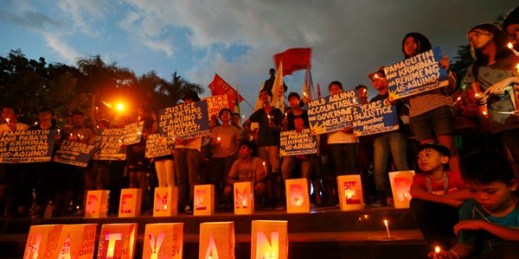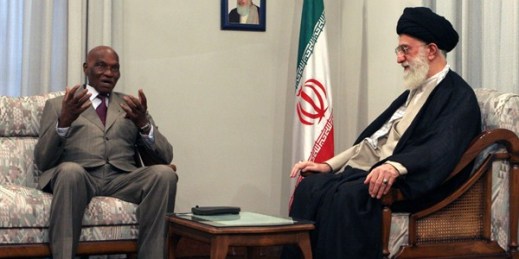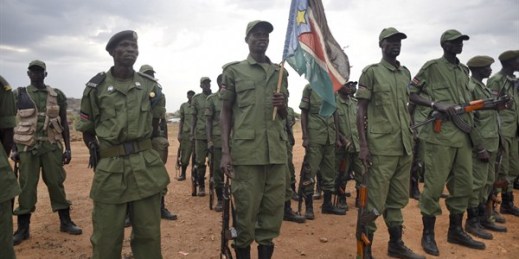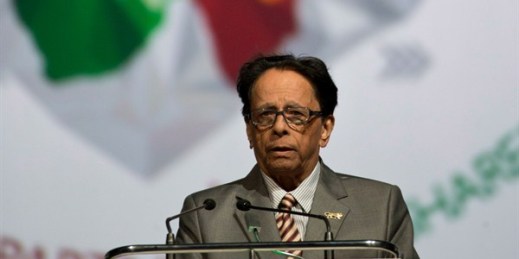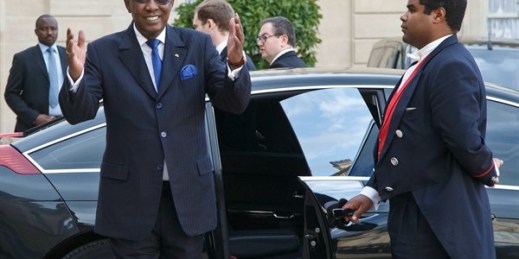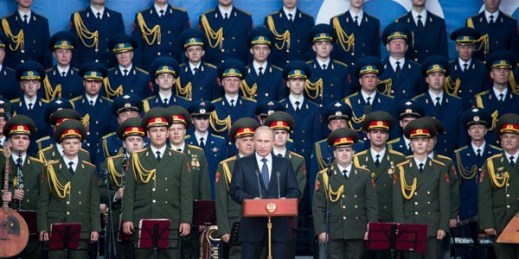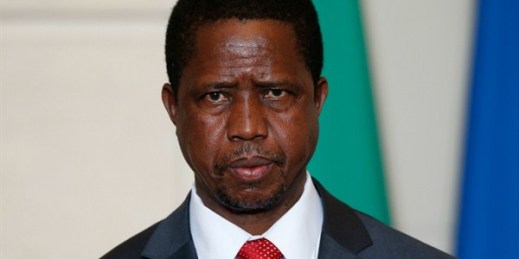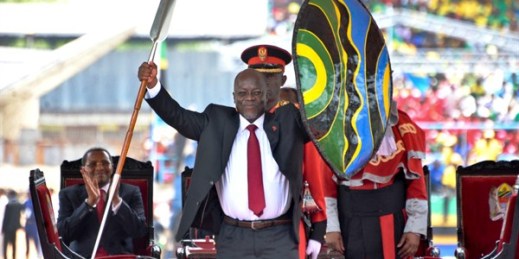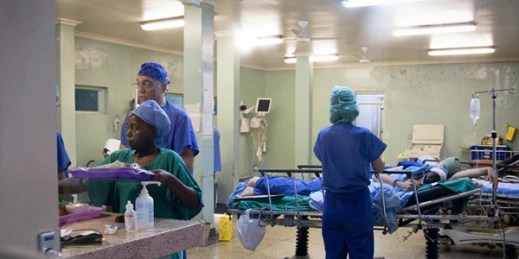
In mid-April, a spokesperson for the Ugandan government admitted that the country’s only functioning cancer treatment machine had broken earlier that month. The radiotherapy machine, donated by China to Uganda in 1995 and housed at Mulago Hospital in Kampala, is now considered beyond repair. While the government did acquire a second radiotherapy machine in 2013, it has not been operational because of delays in allocating 30 billion shillings—just shy of $9 million—to construct a new building to house it. The funding delay has lifted, but the machine won’t be up and running for at least six months. The government has […]

